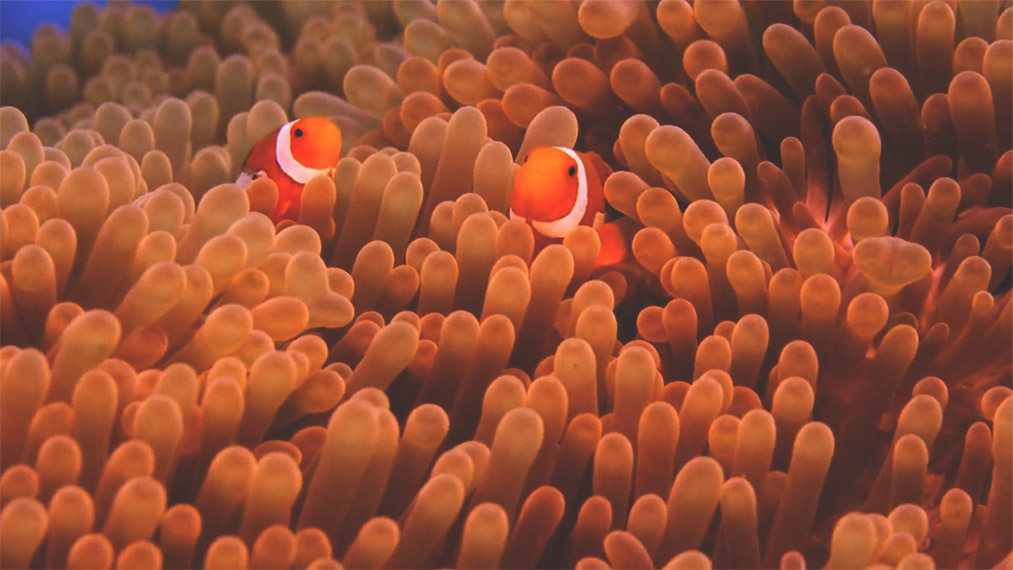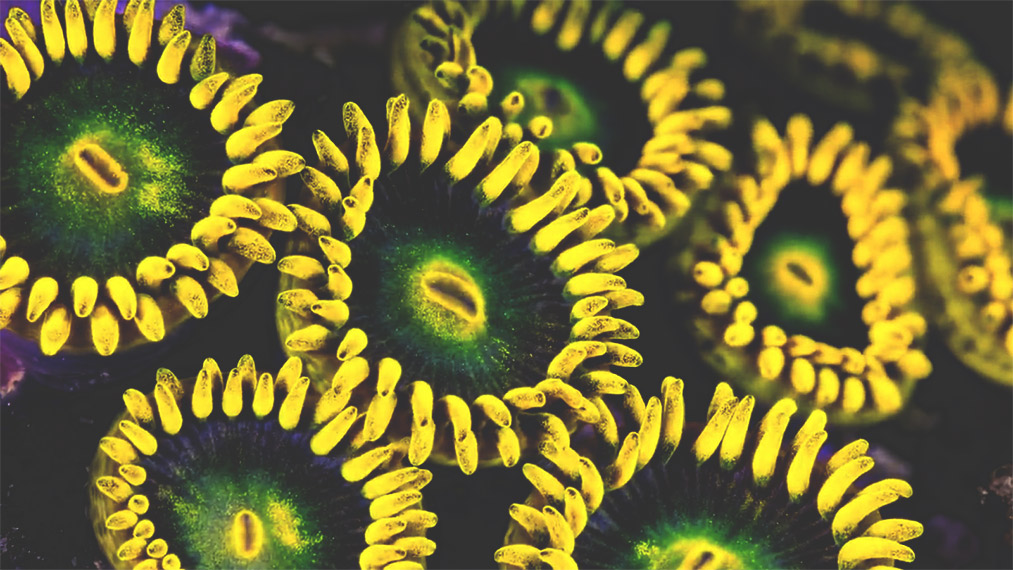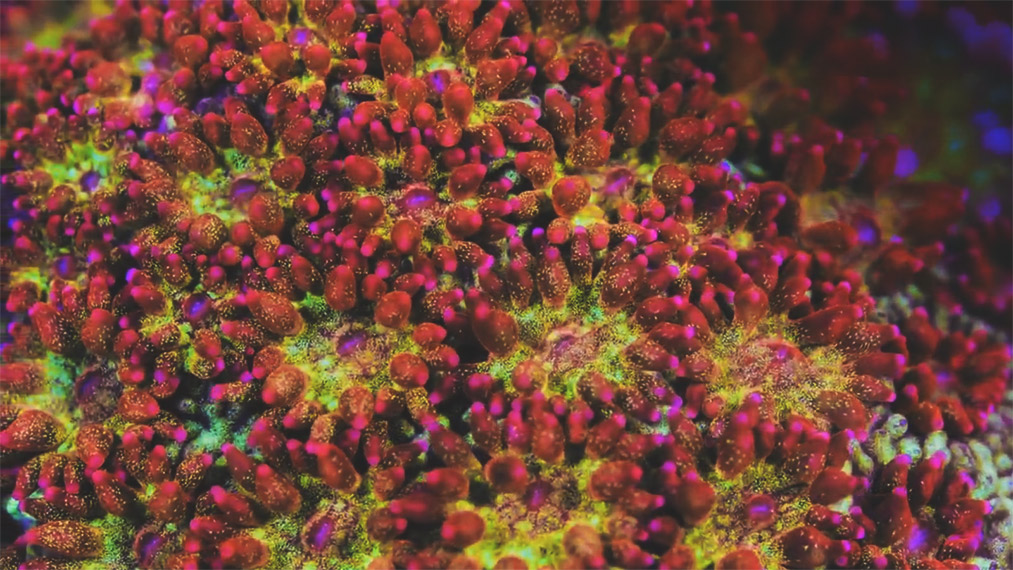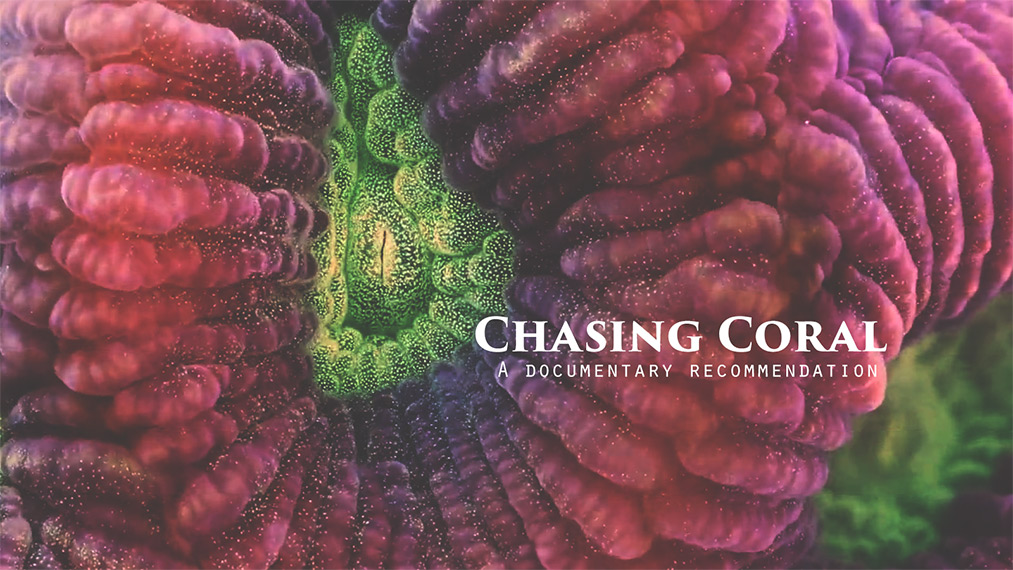Table of Contents
- Chasing coral is a documentary about “Coral reefs.”
- Climate change.
- Some general knowledge about corals and their life
- What is a coral?
- Are Coral animals or plants?
- How does climate change affect coral reefs?
- What is coral bleaching?
- Conclusion
- All facts, imagery and data in the post has been taken from their respective sources linked in the post, credit goes there.
Chasing coral is a documentary about “Coral reefs.”
And the bleaching events which are occurring to them.
Normally some sort of bleaching naturally occurs during the summer, but what this major global bleaching events are pointing towards is a more serious problem.
Climate change.
Climate change is raising the Earth’s surface temperature.
According to a research cited in the documentary,
“If not for the oceans, who are absorbing about 93% percent of the heat trapped by global warming,
the average temperature on land will be 50′ cellcius.”
Due to the gradual 2 degree rise in ocean temperatures, the corals have started bleaching. Consider a constant 2 degree rise in your body temperature.
“In the last 30 years we have lost 53% of the world’s total Coral.”
Coral’s can go on living for an eternity but only if their conditions support.
Due to the cognitive scope limitation which we humans have and because of which we cannot comprehend the seriousness of an issue, outside our active and physical experience, the filmmakers decided to bring that issue home at least visually to you.
To help you imagine, like stated in the documentary,
Imagine that we have lost 53% of the total forests in the world.
Consider living in a place like that. We won’t be far away from Mad Max Fury Road then I guess.
In the documentary you get to listen about how important are healthy oceans for the life on Earth. Without healthy oceans we cannot expect our planet to sustain life.
Sewers, oil digging, spillage, chemical spillage and garbage are also majorly disturbing their ecosystem. Greenhouse gases and surface level pollution is also adding to the mishap.
Coral reefs are a major part of the ocean’s ecosystem.
In an article on the globalcoralbleaching.org website, the website states and I quote,
“Although reefs represent less than 0.1 percent of the world’s ocean floor, they help support approximately 25% of all marine species. As a result, the livelihoods of 500 million people and income worth $30 billion are at stake.”

You should go checkout that article, it has a lot of interesting data, facts, imagery and videos to educate you further on this topic.
Major point which this documentary makes is, “that it isn’t late, we are in major trouble but we still have hope.” By hope they mean, actual actionable steps we can take to reverse and reorganize this system to better suit that ecosystem.
The Great Barrier Reef one of the greatest natural wonders in the world lost about 29% of its reefs in 2016.
Now those who can actively participate in the cause should try to and others can see what they can do on land about the problem as a whole. It’s about the planet as a whole and all life on it.
This documentary conveys the right amount of points clearly and also introduces you to the wonders of ocean. I am sure you are bound to find some new found appreciation.
“Most people stare up into space with wonder.
Yet we have this almost alien world on our own planet,
Just teeming with life.
It’s a world completely out of sight and out of mind.”
~ Richard Vevers
What you get to listen and what you get to see in the documentary immediately makes you think about, That how “The system of enough and not a race for more is in place in the oceans.”
Their interdependent system and how perfect cities, would have said “like ours” but no not really, so you have got to see how they function perfectly sound, and definitely more disciplined.
In their team section on their website, they said it takes a village to make such a film and wrote,
“Chasing Coral was directed by Jeff Orlowski and produced by Larissa Rhodes. The film took more than three years to shoot, and is the result of 500+ hours underwater, submissions of footage from volunteers from 30 countries, as well as support from more than 500 people from various locations around the world.”
It is also an amusing experience to peek into the world of Marine biologists and underwater photographers. Filming in nature intense locations and a different way of life, all very interesting to see and know things.
I intend to explore diving in the future. until then I can only dream about that day. Something very profound and alien beyond the land.
Have you ever gone diving?
Some general knowledge about corals and their life
What is a coral?

Corals are invertebrate animals, simply meaning an animal without a backbone belonging to the cnidarian
group of animals. Characterized by the stinging tentacles surrounding the mouth. Eg: the jellyfish.
Source and more information at teachoceanscience.net
Are Coral animals or plants?

Corals are animals but have a symbiotic relationship with plant like cells which are called zooxanthellae.
They both live interdependently, one provides shelter and other provides food.
Corals are sessile which means they are attached to the oceans floor. Essentially taking root.
To understand this symbiotic relationship better in a short and precise manner go to oceanservice.noaa.gov
How does climate change affect coral reefs?
The rising temperature of our earth is a major driving factor behind coral bleaching and their death.
Temperatures are rising because of the greenhouse gases which are being expelled into our ecosystem at a staggering rate.
Read about the effects of climate change on coral reefs here.
What is coral bleaching?
In a situation when corals are under stress due to the change in temperature, light and nutrients they expel the zooxanthellae living in them, Which are responsible for their colour and therefore start looking white.
Corals can recover from this point onward however if the external stress continues to affect them, they eventually die.
Understand a little bit more about coral bleaching in this article by National oceanic and atmospheric administration U.S.
Conclusion
In the documentary they are showing, that the corals are glowing like neon and producing sunscreen, to defend themselves from sun. It’s a first and seems like a distress call from them. Wondering if anybody out there is listening or if you may, watching.
In my opinion we should consider that as a distress call from nature as a whole.
This blog is one of many in a series which will speak about nature, conservation and other closely related topics. An interesting conversation about the future of our life on Earth. Our impact, it’s meaning and our purpose.
Soul O is all about that, understanding and experiencing life as a whole and how we can live it remarkably.
With great power comes great responsibility, if we have the ability to respond then we must, staying silent in the court of law, is as guilty as the convict himself. With our power to think, comes the responsibility to cherish, nourish and culture the world.
It is also our birth right to feel, to engage and mesmerize ourselves by connecting with the bounty of nature.
Do share your thoughts with me after you are done watching the documentary or reading the post.





